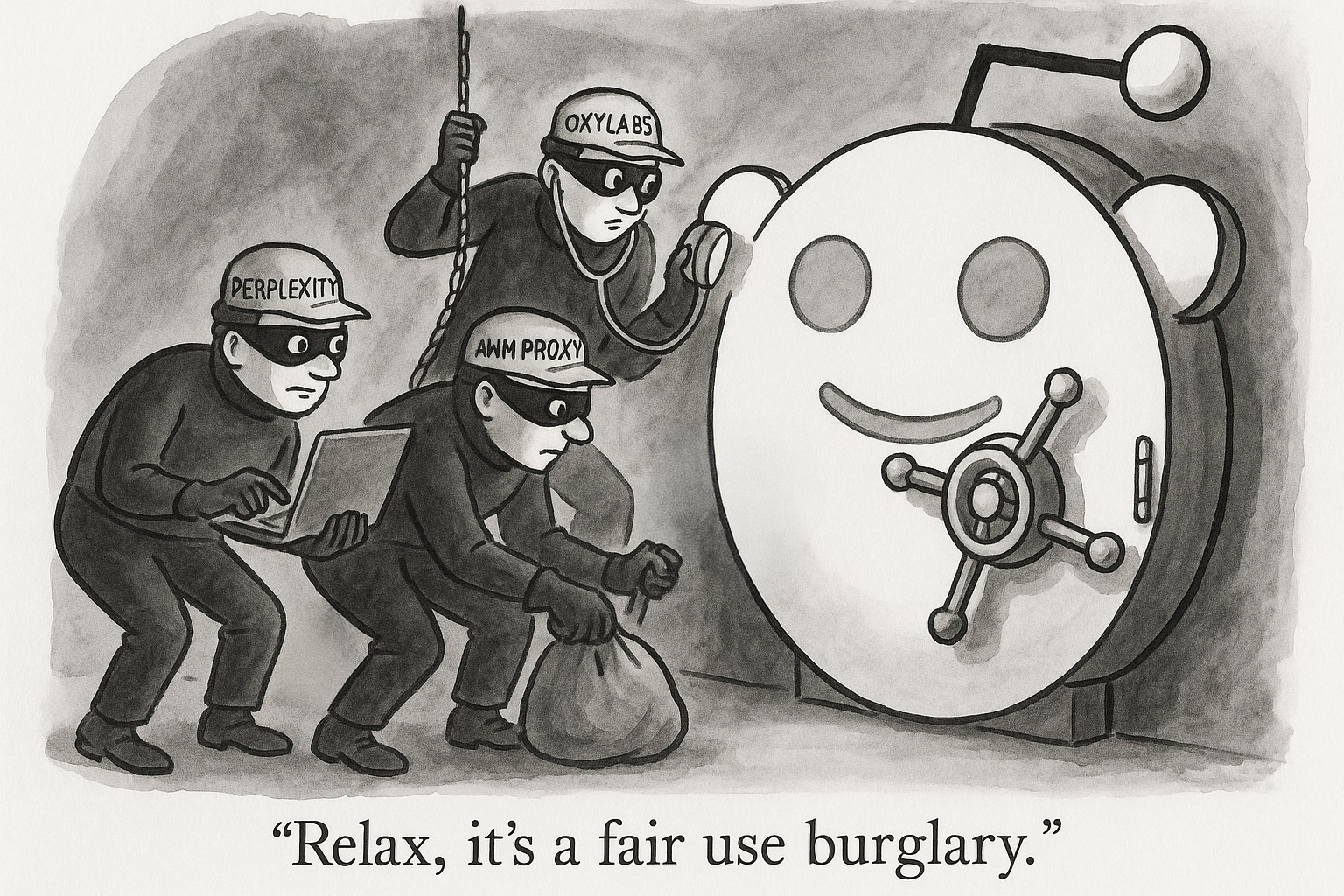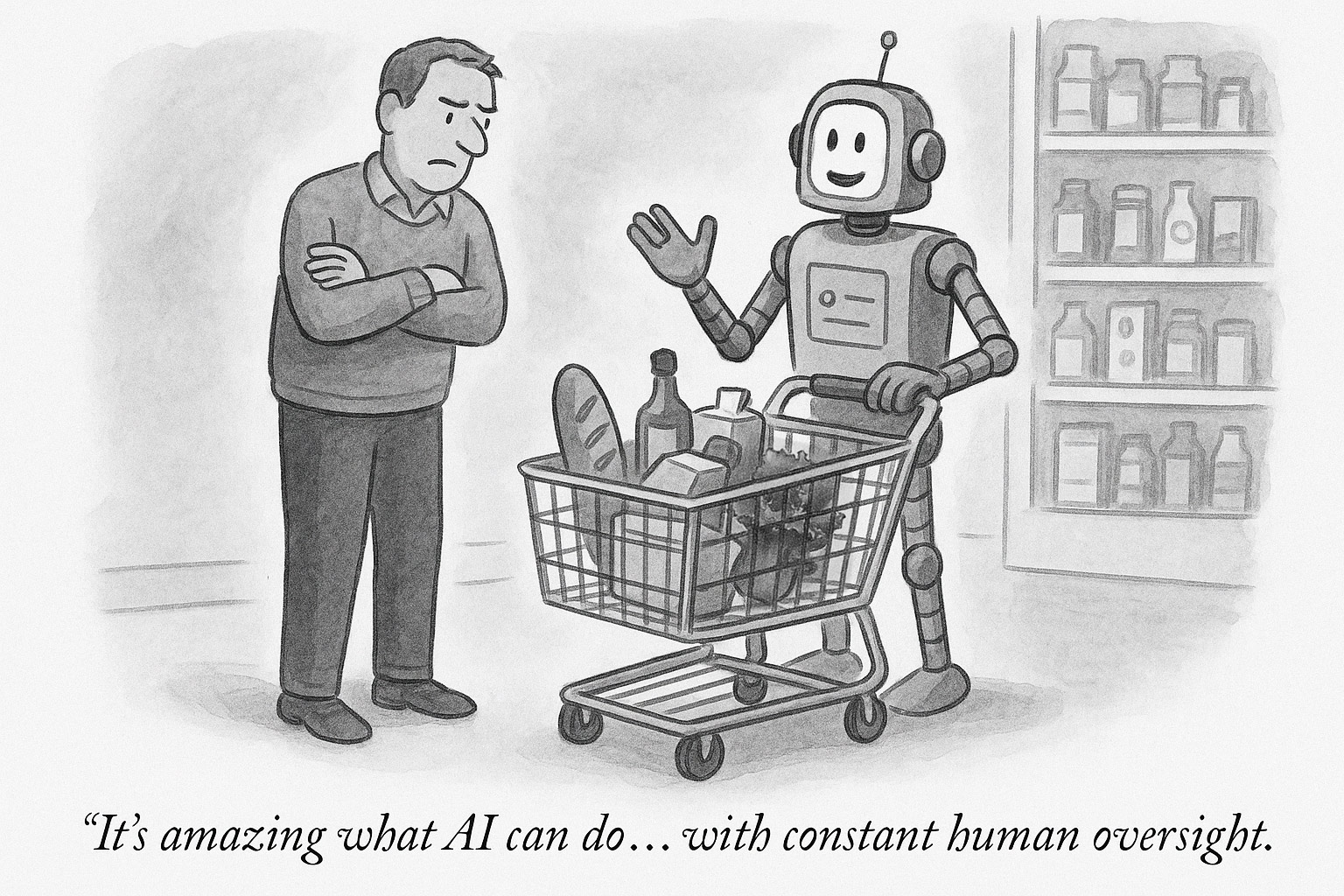
Not McLovin It

Just three years after its $300M acquisition of analytics and personalization engine, Dynamic Yield, McDonald’s has announced their intention to sell it for an undisclosed amount to acquirer Mastercard. Mastercard is on an acquisition spree, recently acquiring blockchain analytics startup CipherTrace in November. The emergence of new channels, both online and off, means companies like Mastercard need to transform, and fast.
The meals haven’t been so happy for the fast food chain since the acquisition. It used to be that customers were dine-in, carry-out, or drive-through. It’s a little more complicated today. In-car delivery, last-mile, and delivery apps have scaled significantly, causing app-based channel shift. Ronald and Co have worked to build predictive ordering to move customers through the drive-thru quicker, utilizing the team from Dynamic Yield to build the tech in-house. The Chicago-area pilot in March of 2021 accurately predicted 85% of orders before they took place. Impressive.
Our prediction from Episode 100 of Future Commerce wasn’t as charitable:
If McDonald's wants to play in the future economy, they're going to need the skillset that Dynamic Yield brings to the table. So I think there might be a little bit of a talent play here as well.
It is cheaper for McDonald's to acquire Dynamic Yield for 300 million dollars to enable all of its programs that it wants to do on the personalization front and still allow the company to function as a personalization engine to the masses writ large in e-commerce. It is cheaper for them to do that than it would have been for them to contract Dynamic Yield in the next three to five years.
Three years. Spot on.
The real trick: can Mastercard grow DY’s product and its services business that powers so many mature enterprise DTC brands? A stale offering would not be desirable for either company, after all, and makes us wonder if the Hamburglar took the best parts — the patty and the cheese — and left the pickles and chopped onion in a heap with the bun. I once had a girlfriend on the Atkins diet who would do that. It was pretty gross.
—Phillip

Nike got a leg up. On the heels of a one point three billion dollar profit, Nike announces its intent to beat its own personal best by doubling down on its growing digital businesses, including NFTs. While they have a forthcoming partnership with Roblox for their metaverse, NIKELAND, they now have to challenge Adidas’ $23M debut.
In the past 10 months we’ve seen NFTs evolve from “The NBA TopShot digital trading cards” to virtual Costco Membership to a legitimate digital goods omnichannel strategy. Instead of the garbage McKinsey graph, we should be sharing the timeline of corporate strategy shift to digital goods.
Nobody:
Literally nobody:
Chicos: SAME DAY DELIVERY
We all finally got what no one was asking for this Christmas: Chicos same day delivery! And in the process, they have become Walmart GoLocal’s first fashion brand to jump on their white-label delivery service train.
It’s a mad, mad, mad, mad metaverse. Adidas exasperated the masses with their NFT drop technical difficulties, and then more or less offered the following mea culpa: We screwed up. Sorry. Also, please celebrate our $23M because we’re totally definitely going to do something rad with it, but also to everyone who lost out (lol) sorry again. We’re learning.
Series B. DTC swimwear brand, Andie, raises $18.5 million in Series B funding in efforts to increase omnichannel growth. Andie’s founder, Melanie Travis, is a frequent guest


Sweater Weather. Alaska Airlines gave out ugly Christmas sweaters to passengers in celebration of National Ugly Sweater Day. They also gave priority boarding to anyone wearing holiday sweaters. Stay classy, Alaska!
The Fastest Fashion. Finally, the venn diagram of the carbon footprint of crypto, and the carbon footprint of fast fashion can be a singular circle. Forever 21 has announced its partnership with Roblox. Players and “fashion influencers” can design, own, and manage stores. It’s still unclear whether digital fast fashion will fall apart after a single wash.


We’re all family here. No this story isn’t about that viral Tiktok of a native Italian aghast at the bastardization of their cuisine. For the mere price of a Tour Of Italy, you could have owned an Olive Garden Franchise. That comes out to about $19.99. Of course, we were talking about their entree trio of the restaurant’s top sellers, not an overseas excursion. And we didn’t mean a physical franchise. They sold a series of NFTs which “represented 1 of 880 real Olive Garden franchises in the United States.” Those are already all spoken for, but you can still mint your own free breadsticks. The after-dinner Andes mints are curiously silent on the matter.

Modern Unions. The discussion around essential workers has become increasingly complex since the entrance of Covid. Unionization in workplaces is the highest it has been since 1965, and modern union organizing has both growing interest and growing challenges. In this Modern Retail piece, we see some of this playing out firsthand through HelloFresh and Starbucks.











.svg)
